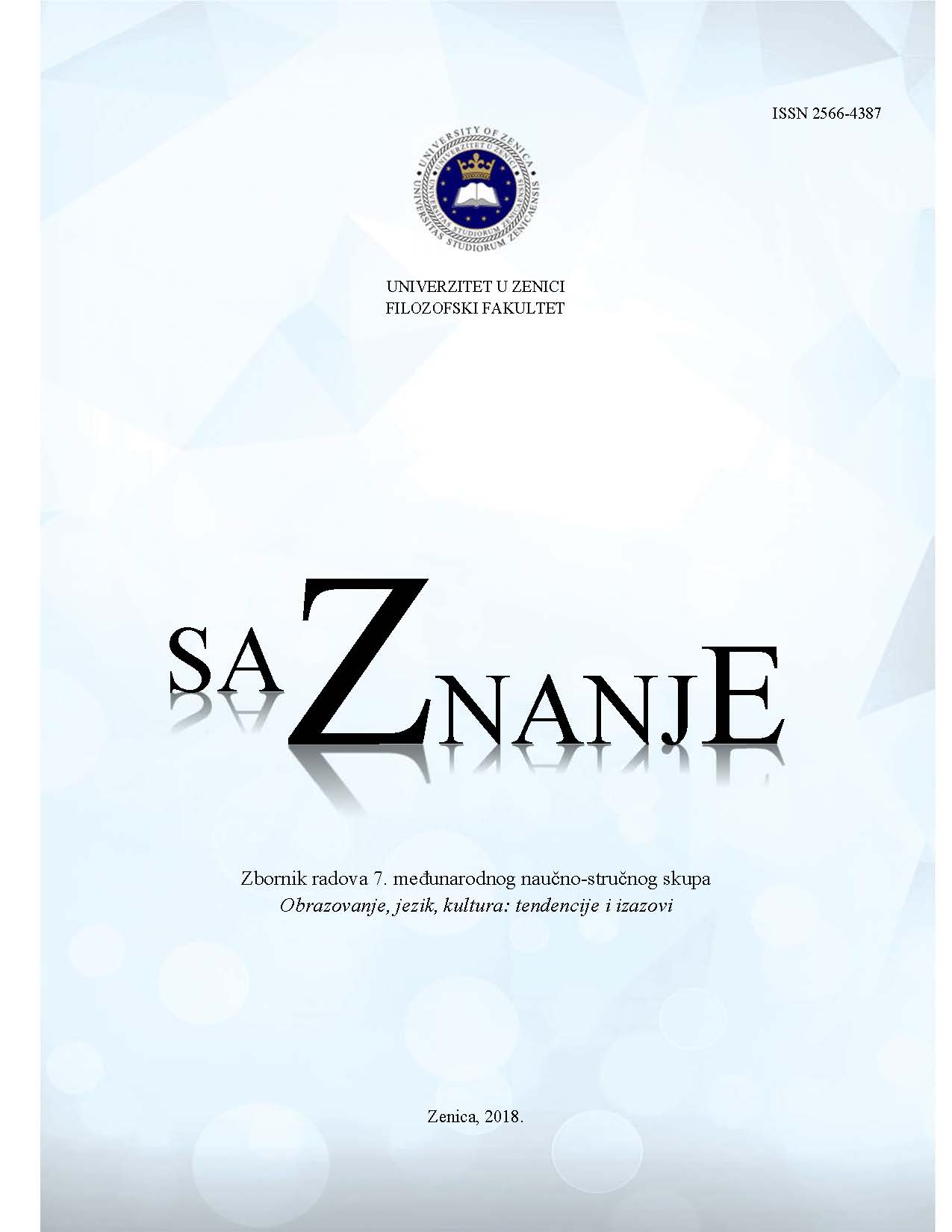DEMOKRATIJA U 21. VIJEKU
DEMOCRACY IN THE 21ST CENTURY
Author(s): Faruk KozićSubject(s): Social Sciences
Published by: Filozofski fakultet, Univerzitet u Zenici
Keywords: democracy; crisis of democracy; partocracy or partodeship; functional democracy; declarative democracy;
Summary/Abstract: Democracy in the 21st century was expected much more. There are numerous criticisms of democracy that come from various circles, areas or religious communities. One problem is that democracy is not the same as freedom, because it is an individual matter and can not be reduced to one voice in decision-making and the obligation to follow the will of the majority. Power increasingly enters into the life of an individual and in all areas of society with its regulations. Many have been disappointed by strong belief in democracy because they have less and less influence on the decisions. That is why they feel deceived and believe that democracy does not ultimately lead to good results. As if they wanted to say that it was possible to achieve more, work better. Much of what has been promised in democracy is still not being realized. The expectations were great, and the reality is completely different. Most democracies have many problems, weaknesses, and difficulties. The thing is, there is no alternative on the horizon. That is why critics are increasingly insisting on the need to establish a sort of competition of democracies in achieving democratic principles, standards, values and quality of life... The exit is sought in the ongoing democratization and modernization of society, advocacy for the rights and dignity of all, building and strengthening democratic institutions , freedom of the media, the rule of law, the development of democratic culture and democratic environment, democratic standards, the more active role of citizens.
Journal: saZnanje
- Issue Year: 1/2018
- Issue No: 1
- Page Range: 770-780
- Page Count: 11
- Language: Bosnian

